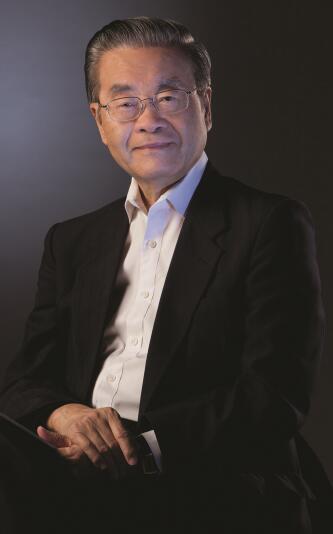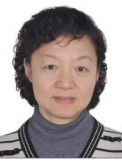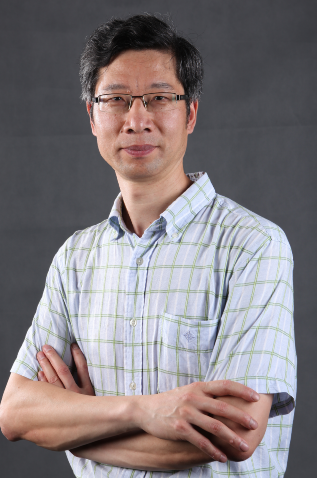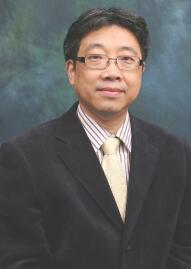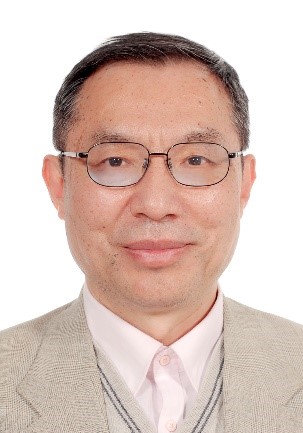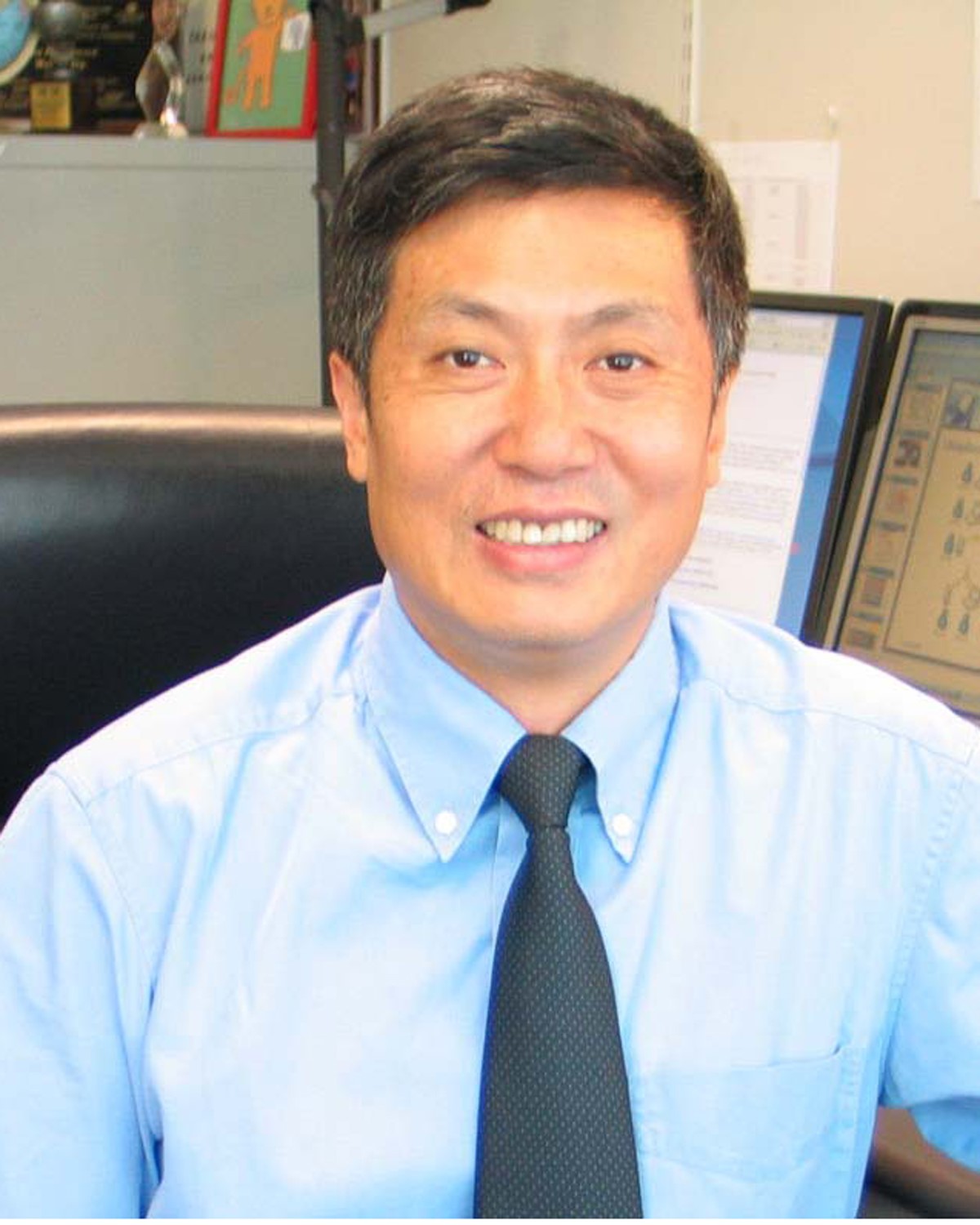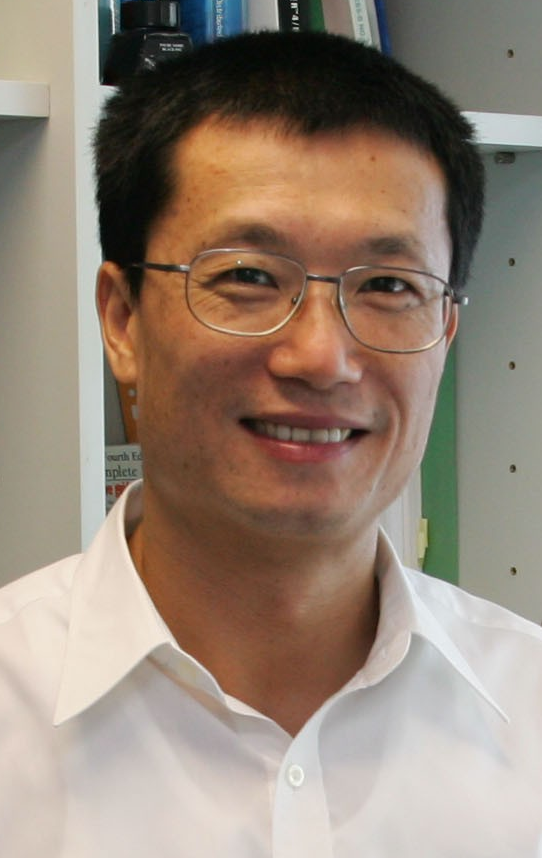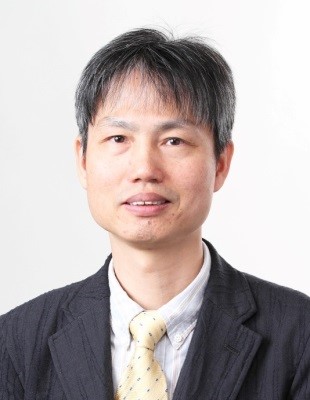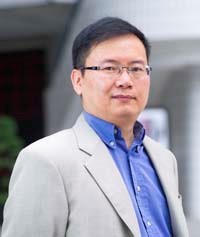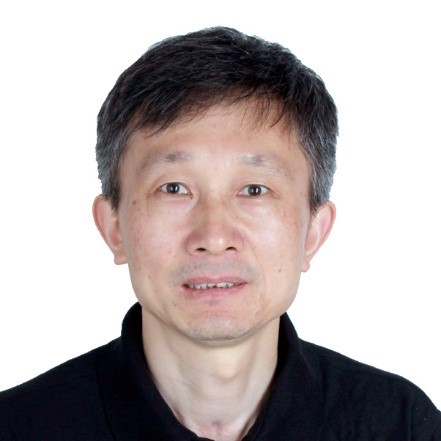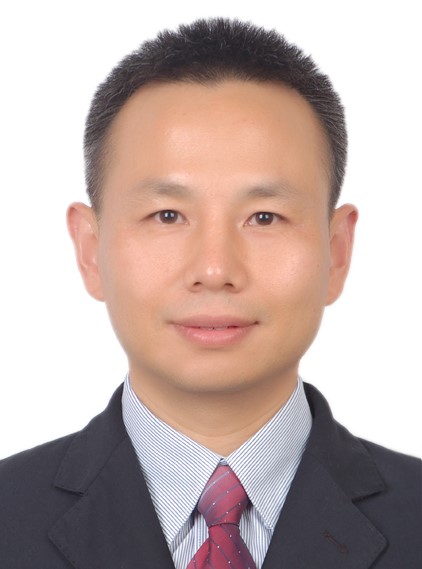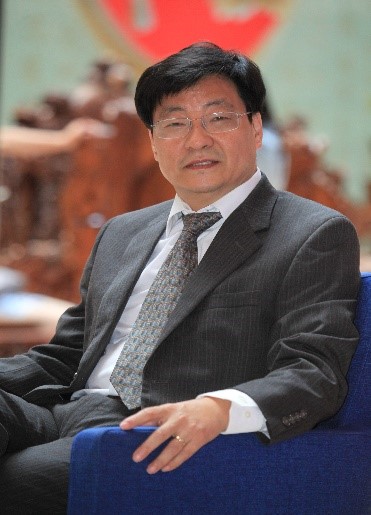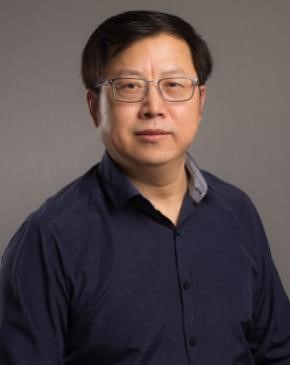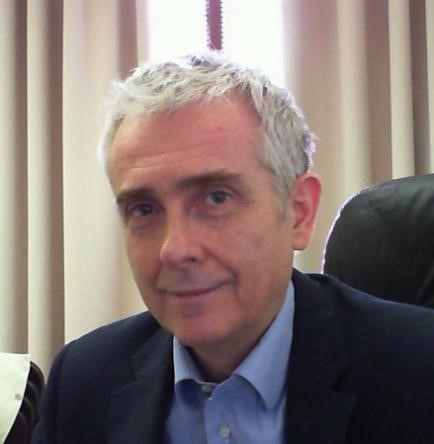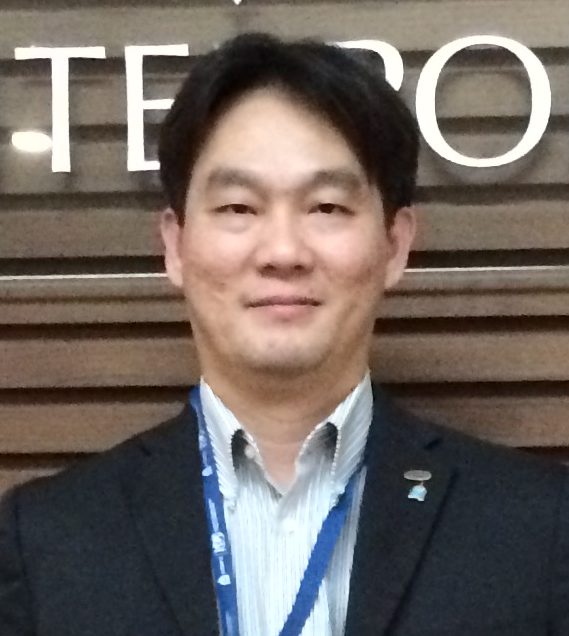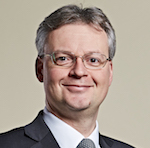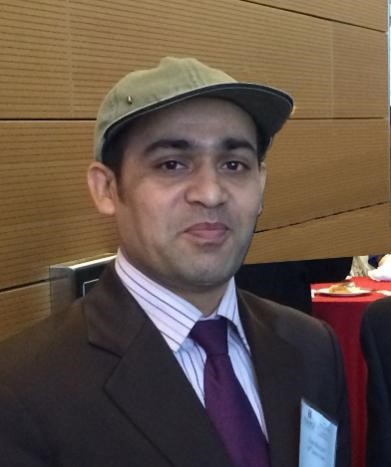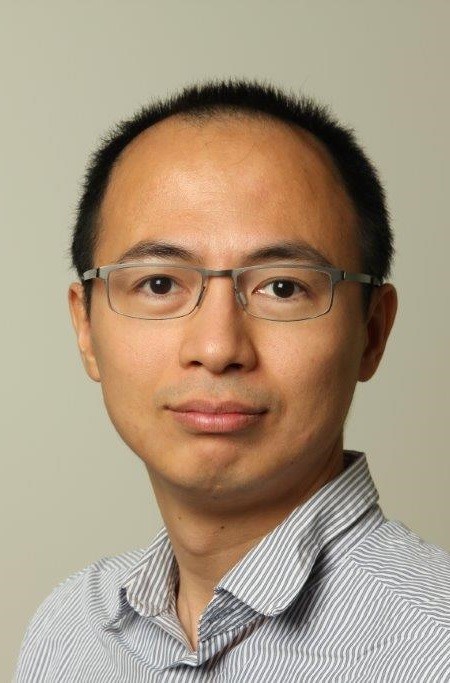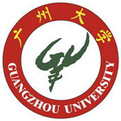Prof. Jiannong Cao, The Hong Kong Polytechnic University, Hong Kong
Title: Cross-Domain Big Data Fusion and Analytics
Abstract: Big data analytics using cross-domain multi-source datasets allow us to study the phenomena of our interest by fusing views from multiple angles, facilitating us to identify meaningful problems and discover new insights. However, we need methods and techniques to solve the challenges like heterogeneity, uncertainty and high dimensionality in analyzing cross-domain datasets. In this talk, I will describe a general framework of cross-domain big data analytics and share our work of fusing and analyzing datasets from multiple domains to uncover the underlying patterns, correlations and interactions. Example applications include human and urban dynamics like predicting traffic congestions, optimize demand dispatching in emerging on-demand services, and designing wireless networks.
Prof. Weijia Jia, University of Macau, Macau
Title: Smart City Research at The University of Macau
Abstract: We would like to introduce the research status on smart city at the University of Macau. Especially the newly set up of state key lab and their research activity.
|
Prof. Xiaohua Jia, City University of Hong Kong, Hong Kong
Title: Privacy-Preserving Service Matching Platforms on Public Clouds
Abstract: As smart phones and other mobile devices are popularly used nowadays, users can use mobile phone to subscribe services, as well as publish services they would like to offer. There are many platforms to facilitate users to publish or subscribe their services over the Internet. Most of such platforms are hosted on public clouds where security and privacy is a major concern of users. It’s essential to make the trading platforms secure and privacy-preserving for users. In this talk, we first present pMatch: a privacy-preserving task matching scheme for crowdsourcing systems. With pMatch, task requesters encrypt the information of tasks and publish the encrypted task to the platform, and workers encrypt their interests and submit them to the platform for task subscription. The platform can match the tasks to the most suitable workers over the encrypted data. Thus, no private information about either the tasks or the workers is leaked to the cloud server. Then, we present pRide: a privacy-preserving ride-hailing system. With pRide, both riders and drivers submit their encrypted location information to the platform, and the platform is able to match a rider with its closest driver without learning any location information of either the rider or the drivers.
|
Prof. Qun Jin, Waseda University, Japan
Title: Personal analytics and individual modeling for data-driven and AI-enhanced healthcare
Abstract: In this talk, after briefly introducing the basic concept of data-driven and AI-enhanced healthcare, our vision and work on personal analytics and individual modeling for smart health to enhance quality of life (QoL) and promote well-being for all of the people will be described and explained. Furthermore, quality control and sustainable use of health data as well as opportunities and issues of data-driven smart health will be addressed and discussed.
|
Prof. Qing Li, City University of Hong Kong, Hong Kong
Title: Event Management and Multi-dimensional Analysis through EC Mechanism
Abstract: The last 3 decades have witnessed the big changes of data types, scales, and links with neighboring areas, from simple data with closed-world assumption to more complex objects with semi-closed/open assumption, from MB/GB/PB scale to PB/TB/EB/ZB scale, and from loose coupling to tight coupling with areas like Programming, Cloud Computing, IoT, and AI (machine learning in particular). In this talk, I will discuss several aspects of data management from a historical perspective, and through a joint collaboration we initiated, elaborate on the recent and complex types of data like (multi-modal) events for management. In particular, I will start with overviewing techniques of discovering events from multi-modal big data, and elaborate on building an event cube (EC) model to support event queries and analysis. Based on the essential event elements of 5W1H, the discovered events can be organized w.r.t. the dimensions and operated at various levels of granularity through the EC model. In addition, this model greatly facilitates analyzing and mining hidden/inherent relationships among the events, thereby enabling the system to answer the challenging questions of "how" and "why", thereby facilitating the analysis and mining of hidden/inherent relationships among the events effectively.
Prof. Junzhou Luo, Southeast University, China
Title: Industrial Transparent Computing: Architecture and Key Technologies
Abstract: The industrial internet is a highly cooperative global network, which connects machines and humans together for smart manufacturing. While smart manufacturing heavily relies on intelligent, speedy and secure control, novel computing paradigms that support real-time decision with secure execution have garnered much attention from the industrial internet research community. This talk introduces industrial transparent computing (ITC), a promising paradigm for the industrial internet. With ITC, industrial control programs are stored by ITC servers but executed by industrial terminals, hence it can be viewed as a special application scenario of transparent computing. ITC offers a high level of security and reduces complexity and cost of terminals. Moreover, ITC smoothly coordinates the computation and communications between ITC servers and industrial terminals through intelligent optimization, in order to achieve real-time decision and control. In this talk, I will introduce ITC's architecture, elaborate the opportunities and challenges of transparent computing in the industrial environments, and at last, identify future research directions.
Prof. Geyong Min, University of Exeter, UK
Title: Network Big Data Analysis for Future Intelligent Internet
Abstract: Research and development of Next-Generation Internet (NGI) have become a global endeavour. With an overwhelming amount of data pouring into the Internet, network domains are embracing an unprecedented wave of traffic flows and are stepping into the era of network big data. To achieve high performance and high availability of NGI, our vision is to conduct efficient data analysis in order to dig valuable insights and knowledge hidden in network big data for improving the design, operation, and management of NGI. We will present the innovative big data processing technologies, real-time incremental data analysis tools, and cost-effective distributed platform we have recently developed to support better decision-making for network design, anomaly detection, fault localization, resource management and optimization.
Prof. Chengzhong Xu, Shenzhen Institutes of Advanced Technology of Chinese Academy of Sciences, China
Title: Intelligent Scheduling and QoS-aware Resource Management based on Machine Learning
Abstract: Scheduling and resource management is a key to success of cloud datacenter. Today’s cloud DC is characteristic of deep heterogeneity in nodal architecture and group dynamics in workloads. Applications tend to be deployed in a mixed way between online and offline jobs. Traditional scheduling and resource management become hard to meet the requirements for efficiency, job completion time, and fairness in a fine-grained manner. Machine learning is by nature able to deal with uncertainty. The non-deterministic setting of Cloud DCs renders ML plausible. The vast log data accumulated in the management of cloud DCs paves a way for deep learning approaches. This talk will discuss the opportunities and challenges of ML for the management of cloud DCs. Our past experience will be presented as well.
|
